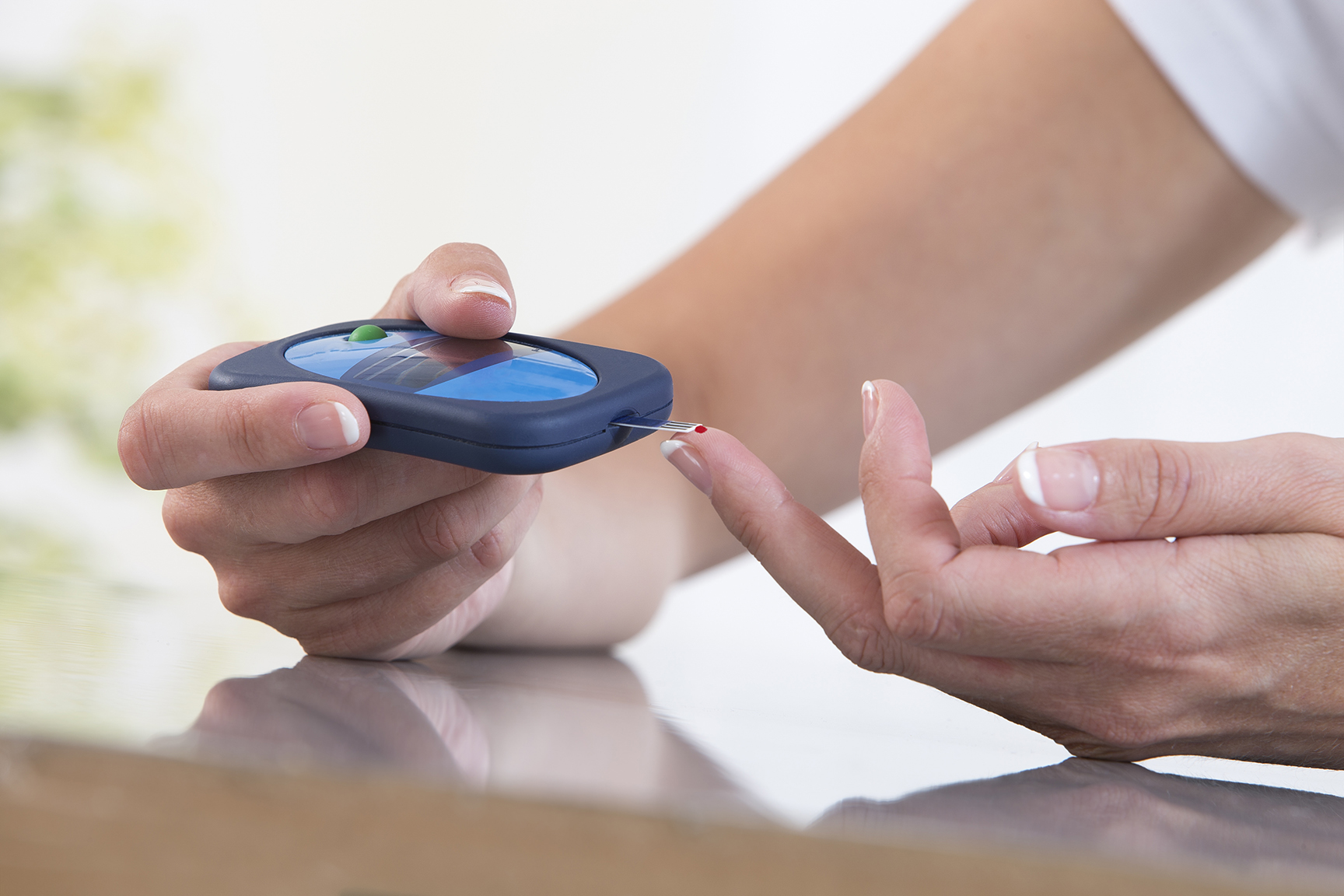Do you know why most people lose out on their quality of life due to diabetes?
After being diagnosed with diabetes, you must have been told about the need for exercise and medication. You are already aware of the need for a diabetes diet, you take medications, and yet your blood sugar levels have not reached the target!
This leads to further doctor visits, more tests, and unnecessary diet restrictions. Ultimately, it takes you nowhere and you lose out enjoying life. There is certainly something missing.
Why you cannot control your blood sugar levels?
Taking care of your diabetes is a team work that is done by you and your doctor. Let us just visualize this. You go to the doctor, get diagnostic tests done and based upon the results, your doctor prescribes medication. You come home and start the medication. Looks simple.
However, the next time you visit your doctor, your three-month average blood sugar level (HbA1c) has not moved an inch. This can be very depressing.
Now that your three-month average sugar level has not improved, your medication is changed. More medicines, and more diet changes equals less joy in life.
Now what might be a reason for this? Actually, there is no need for a great detective work. Blood sugar levels in your body fluctuate more than you think.
Though your doctor has given you medication, you are not able to balance your sugar levels with the correct levels of exercise and diet.
What you need to know
Your doctor orders for a three-month average test (HbA1c) along with fasting sugar levels and post-meal sugar levels. Good so far. However, your HbA1c levels are tricky.
Let us walk through the scenario you are in. The average of many super highs and lows and the average of a smaller graph can be the same. So, while your HbA1c shows a decent number, it might have many hidden sugar fluctuations you are not aware of!
Added to that, your challenge in controlling diabetes is to:
- Reduce HbA1c
- Ensure there are no erratic fluctuations
- Reach target fasting and post-meal sugar levels
All this sounds tough, but it is quite easy with one small adjustment!
You can change this
Whether you have type 1 or type 2 diabetes, having knowledge of your blood sugar levels and their fluctuations gives you the power to change.
In order to control your diabetes, it is also very important to monitor your blood sugar levels at home. This should go in tandem with diet modification, exercise, and medication.
When you miss self-monitoring of blood sugar levels:
- You never know at which time of the day your sugar levels peak and which time of the day your sugar levels dip.
- Your doctor has limited data (only of test results) to give you the right treatment
- You cannot adjust your insulin dosage
- You are at a risk of high blood sugar levels, ketoacidosis, and hypoglycemia (low blood sugar levels)
All these lead to long term damage and poor quality of life. To avoid all these eventualities and to take a firm control over your diabetes, start self-monitoring of blood sugar levels today!
Benefits of Self-monitoring:
- It allows you to adjust your diet intake
- It helps you with how much exercise you need
- You can adjust your insulin levels
- You avoid risk of unwanted highs and lows
Ready to take charge and control diabetes?
Talk to our experts about how to self-monitor, what’s the best glucometer, and how to make sense from your blood sugar readings!











